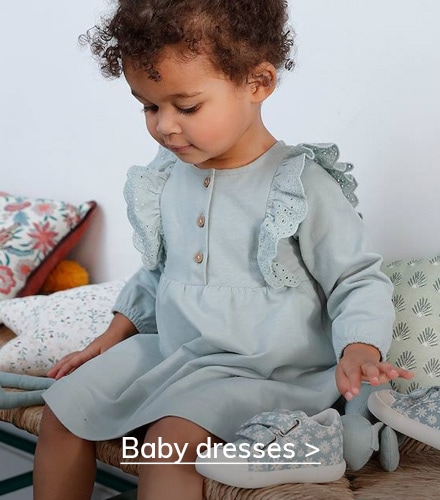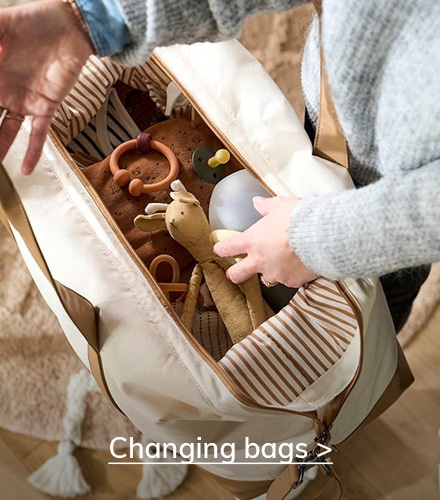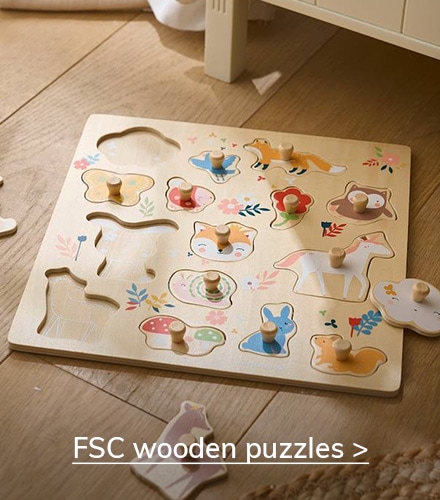Welcome
to advice space
From the first ultrasound to potty training and choosing a car seat... We have the answers to everything when it comes to your children and you!
Understanding baby's crying

Responding to your baby's cry
Because they don't have the words to express what they're feeling, what's bothering them or what they need, babies will use their own language. Difficult to interpret correctly, young parents sometimes feel helpless in front of cries and screams. Maybe hungry, or cold, are they hurt somewhere...
Why is baby crying?
It is never for nothing. This is a completely normal manifestation, indeed, your infant has not yet integrated the notion of whiming. However, by crying, you will help !
Crying is like their only language during the first few weeks, this way of communicating can alert you to a possible discomfort. It is important to find out what they need to say. By providing the necessary response to your child's cries, your child will feel secure and trust will grow.
During the first few months, your baby will cry mainly to ask you for food. You'll understand this very quickly because tears come at regular intervals. It's time for a feed or a bottle! However, your child may be grieving for other reasons. Colic is common in toddlers. Their digestive system can play tricks on them and make them uncomfortable.
This is the only way for your little one to release the tension they have built up during the day. Imagine them constantly in phases of discovery, their senses on permanent alert! At the end of the day, it is therefore normal and natural to evacuate by crying all that that has been accumulated and that has stimulated them. No need to feel guilty: at this moment, crying does them good!
Similarly, the first phase of sleep may be punctuated by crying. Keep an eye on them, from a distance, but don't wake them up so that they can set their own rhythm. Finally, burping, dirty diaper, bad position, feeling cold or hot, need for affection are all reasons that can also cause crying... so be aware of them!

What can be done to soothe baby's crying?
- Walking through the house
- Singing a soft lullaby or playing quiet music
- Hugging, cuddling or giving a comforting massage
- Try to get the baby burp
- Change his position
- Offer a pacifier or bottle
- Rock the baby in different positions
- Lay the baby on your stomach, on your knees, gently rub the baby's back...
Unable to cope, you can try to put your baby back to sleep while staying to talk gently. If they continue to cry, try alternating arms and bed for a little while and leave them alone checking every fifteen minutes.
But above all, don't feel guilty about the crying. All babies cry, and it's normal. And sometimes, they need time to calm down...
Understanding why your child cries
If baby is tired:
With a full day behind him, baby now needs to go to bed. In his bed, the accumulated tensions are numerous and you see him squirming. He yawns, rubs his eyes, whines and suddenly sobs. If you hold him in your arms, he snuggles in and with a thumb or a pacifier, he calms down.
If baby is hungry:
It's almost feeding time. His crying sounds like wailing, which will quickly turn into angry cries. They usually stop when you pick him up and feed him.
If baby is bored:
Alone on the playmat, even with toys within reach, baby will quickly become bored. The cries then resemble calls, interrupted by signs aimed at getting your attention: smiles, cries, vocalizations... They stop as soon as you give them interest.
If baby is in pain:
His cries are shrill, high-pitched and deep. They are punctuated by apneas followed immediately by new piercing and loud cries. Your arms only can soothe them, with difficulty.
If baby is not well :
Baby is experiencing discomfort. Your baby may be in a bad position or too cold or too hot and reacts with little cries that stop as soon as you take him in your arms.
If baby is upset:
the crying is a wail, like a complaint, which turns into a cry similar to a cry of pain. It usually happens at the end of the day. They correspond to a release mixed with apprehension, a release that he needs. Your baby needs calm, a bath, comforting words...
All cries have their own specificities. Your baby is waiting for you to give them the attention to regain calm. With observation, fine sensibility, experience and patience, you will soon be able to understand your child's different cries and improve their comfort.








